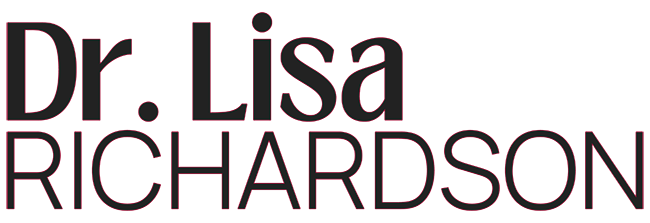Professional associations play a vital role in connecting industry peers, facilitating knowledge sharing, and fostering career growth. However, as the workforce evolves, these organizations face a pressing challenge – engaging and retaining younger members.
Many established professional associations struggle with attracting and retaining younger members. Without a steady influx of new, early-career professionals, associations risk declining membership and waning relevance. To remain valuable to millennial and Gen Z demographics, associations must provide experiences that truly resonate and help them build the social capital needed to advance.
Uncovering What Young Professionals Truly Value
To effectively engage younger members, associations must first understand their priorities and preferences. Recent data highlights that professional development and networking opportunities are the top draws among early-stage professionals when it comes to professional associations.
Millennial professionals, in particular, value collaboration, crave development, and seek quick access to answers. They want mentors to guide their career journeys – in fact, 75% of millennials say mentorship is crucial to their success.
Leveraging Mentorship to Deliver Unparalleled Value
Mentoring programs present a powerful solution for associations looking to attract and retain younger members. By facilitating meaningful connections between seasoned professionals and their up-and-coming peers, mentorship programs can deliver immense value on multiple fronts:
Benefits for Students
Mentoring gives students access to academic and career guidance from experienced industry veterans. It helps them build vital networking skills and apply classroom learning to real-world scenarios.
Benefits for Young Professionals
For young professionals, mentorship offers a chance to gain deep industry insights and close the knowledge gap that often exists between novice and veteran employees. They can learn practical tips and strategies from their mentors to accelerate their career growth.
Benefits for Experienced Professionals
Serving as a mentor is a fulfilling way for seasoned professionals to give back to their community. They can share their invaluable expertise, experiences, and big-picture perspectives, helping to cultivate the next generation of industry leaders.
Designing a Successful Mentorship Program
Implementing an effective mentorship program requires a thoughtful, structured approach. Associations must consider the diverse needs and expectations of all participants – students, young professionals, and experienced members alike.
Establishing Clear Goals and Expectations
To set the program up for success, associations should define clear objectives and communicate them transparently to all stakeholders. What specific outcomes are you aiming to achieve? How will you measure success? Establishing these parameters upfront will ensure alignment and accountability.
Facilitating Meaningful Mentor-Mentee Pairings
It’s crucial to carefully match mentors and mentees based on shared interests, goals, and personality fit. Associations should leverage structured intake processes, detailed profiles, and personalized algorithms to create pairings that foster genuine connections and maximize the learning experience.
Providing Ongoing Support and Resources
Mentors and mentees alike need guidance, tools, and support to make the most of their relationships. Associations should offer training, discussion prompts, collaboration platforms, and other resources to empower participants and ensure the program remains valuable and engaging.
Celebrating Successes and Sharing Stories
Highlighting the impact of the mentorship program through success stories, testimonials, and recognition can inspire greater participation and enthusiasm. Associations should actively showcase the personal and professional growth achieved by mentors and mentees.
The Real the Power of Mentorship for Associations
Implementing a strategic, member-centric mentorship program can unlock a wealth of benefits for professional associations. Not only will it attract and retain younger members, but it will also foster a culture of learning, collaboration, and community that strengthens the entire organization.
Mentorship represents a win-win scenario: newer professionals gain invaluable guidance, experienced members find fulfillment in giving back, and the association bolsters its relevance and impact. It’s a powerful tool for associations seeking to future-proof their membership and cement their position as indispensable industry hubs.
Cultivating a Culture of Mentorship
Ready to revitalize your professional association through the power of mentorship? Here are some key steps to consider:
- Understand Your Members’ Needs: Conduct surveys, interviews, and focus groups to gain deep insights into what your younger members value most. Use these findings to shape your mentorship program.
- Define Clear Program Objectives: Establish specific goals for your mentorship initiative, such as boosting member engagement, accelerating career development, or strengthening your talent pipeline.
- Implement Robust Matching Processes: Leverage technology, detailed profiles, and personalized algorithms to pair mentors and mentees in a way that cultivates meaningful, productive relationships.
- Provide Ongoing Support and Resources: Equip participants with training, discussion guides, collaboration tools, and other resources to help them make the most of their mentorship experience.
- Celebrate Successes and Share Stories: Shine a spotlight on the personal and professional growth achieved through your mentorship program. Use these success stories to inspire greater participation and enthusiasm.
By investing in a strategic, member-centric mentorship program, your professional association can unlock unparalleled value, strengthen its relevance, and position itself for long-term success.

